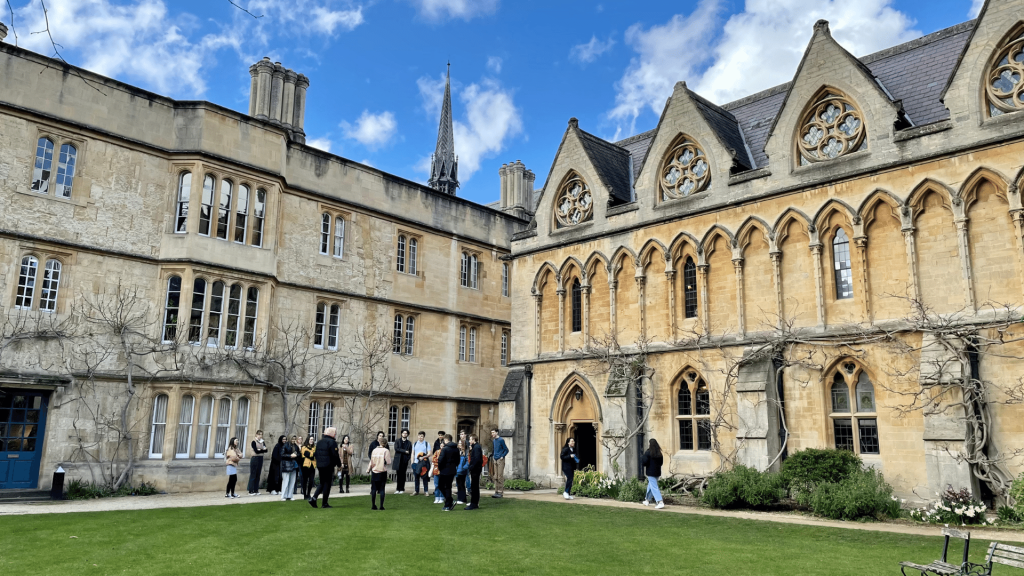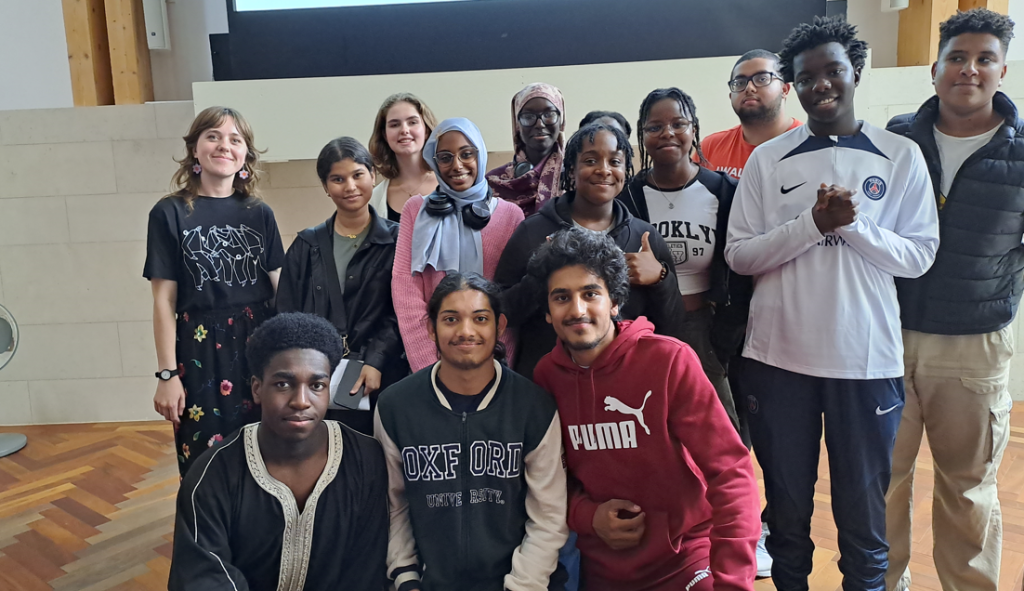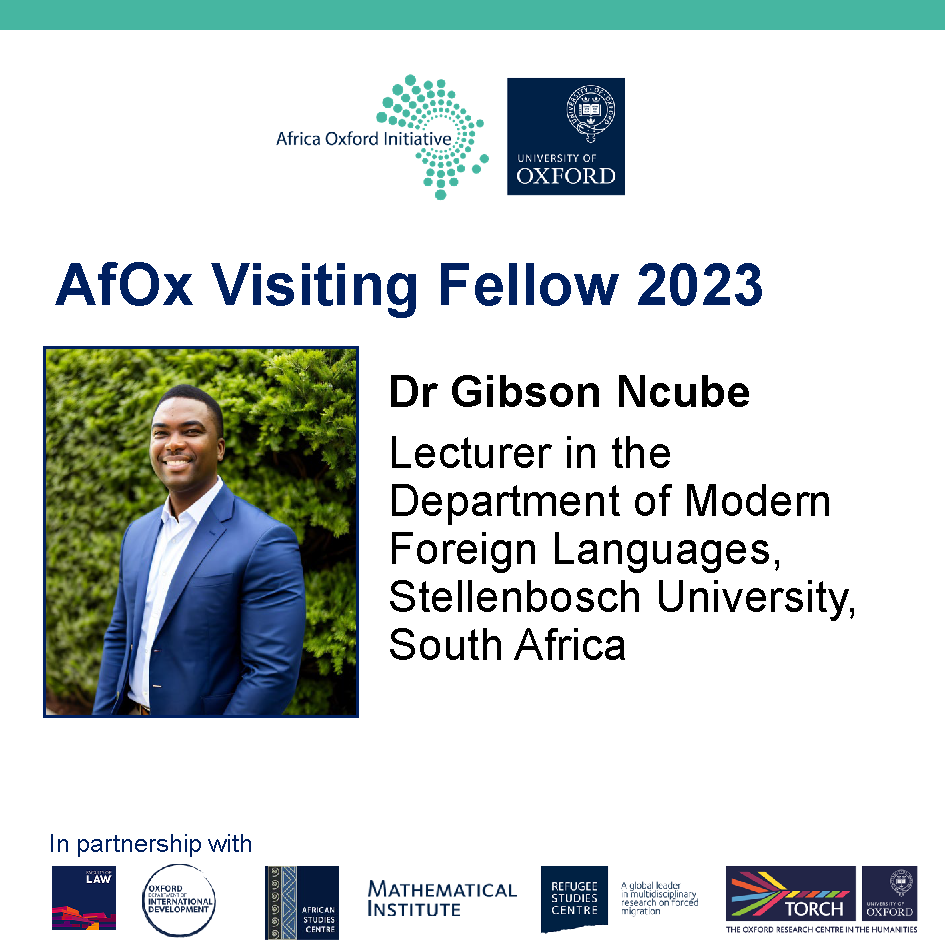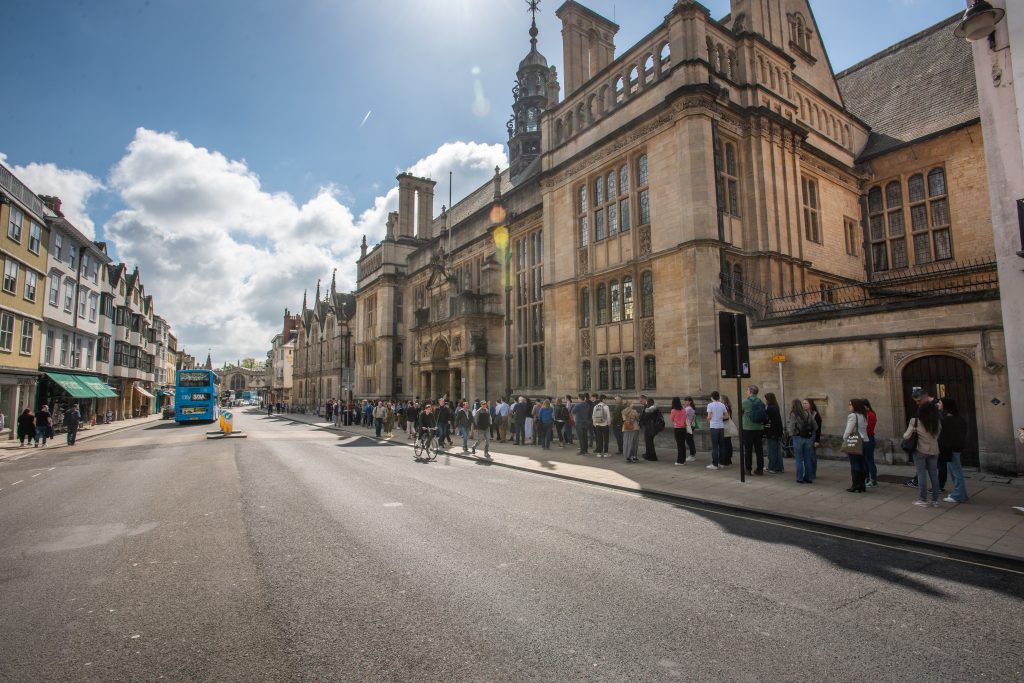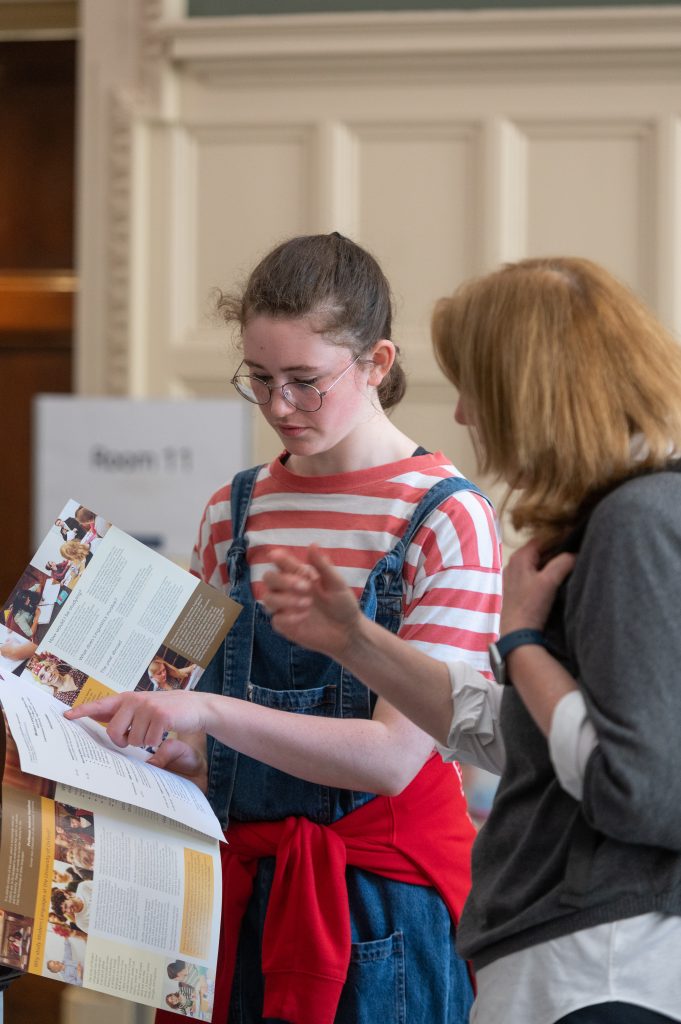Huge congratulations if you have been invited to an Oxford interview over the next couple of weeks! Our tutors from across the Faculty of Medieval and Modern Languages are very much looking forward to meeting you.
We know that interviews can be daunting and it can be difficult to know what to expect and how to prepare. Therefore, this week’s blog post aims to offer some information and resources that should help with your preparation and calm a few nerves!
First thing’s first…
It’s important to remember that an Oxford interview is designed to simulate a tutorial (aka Oxford’s method of teaching in small groups).
Through tutorials at Oxford, students develop powers of independent and critical thought, analytical and problem-solving abilities, and skills in both written and oral communication and argument. These are the kinds of skills and abilities that tutors are looking to see candidates display/show potential for during an interview.
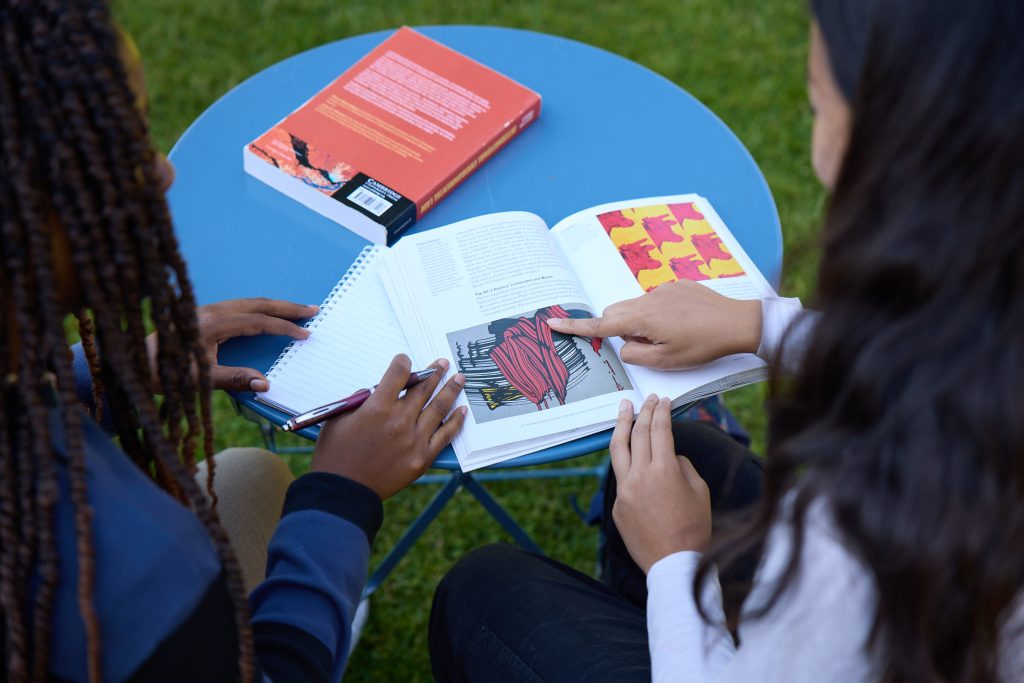
The interview is also a chance for tutors to understand students’ motivations for studying their chosen subject(s) and where their specific interests lie.
For more general information about Oxford interviews, the University has a bank of FAQs and resources available on their admissions website.
What about Modern Languages?
For Modern Languages, interviews can vary depending on the academic tutor conducting them, but here are a few things to expect:
- You may be given a short piece of text (in English or the target language) to look at and discuss during the interview. Further questions may be asked based on your responses and analysis of the text.
- You may be asked about something you’ve mentioned in your personal statement, so be ready to discuss any wider reading or interests you’ve referenced!
- You may be asked to speak or read a short passage of text in the target language. This part of the interview is often fairly short.
Below are some example videos that demonstrate how (aspects of) a Modern Languages interview might be conducted.
Advice from a former undergraduate
To round us off, here is some sage advice from Isabel, current DPhil researcher in German, and former undergraduate in German & Philosophy at Worcester College:
My biggest tip for the interview is to remember that your interviewers are not expecting you to know absolutely everything. Case in point: I had to ask – in a German interview – what an English word meant.
Thanks Isabel!
Show your thought process when you’re addressing a question – maybe you don’t know the answer, but maybe the question pertains to something that you do know about, so you can take an educated guess. Maybe you’re being shown a word in your foreign language that you don’t recognise, but maybe you can tell it’s from the same root as a word you do know. Are they showing you a poem that you haven’t seen before, but from a literary period that you’re passingly familiar with? Maybe there’s something you can say about the wider culture or concerns at the time.
If you already knew everything, you wouldn’t be applying to university. Use your interview to show that you can respond to new information, offer ideas, and think deeply and critically about what you’re being asked.
To that end, one of the best ways to prepare for your interview is to read widely around your subject: podcasts, the news, scholarly journals, extra books by your favourite author. Show that you are far too interested in your chosen subject to be constrained by the curriculum!
We hope this has been helpful in preparing you for the interview process. Best of luck to all candidates next week – you’ve got this!

